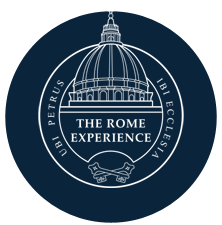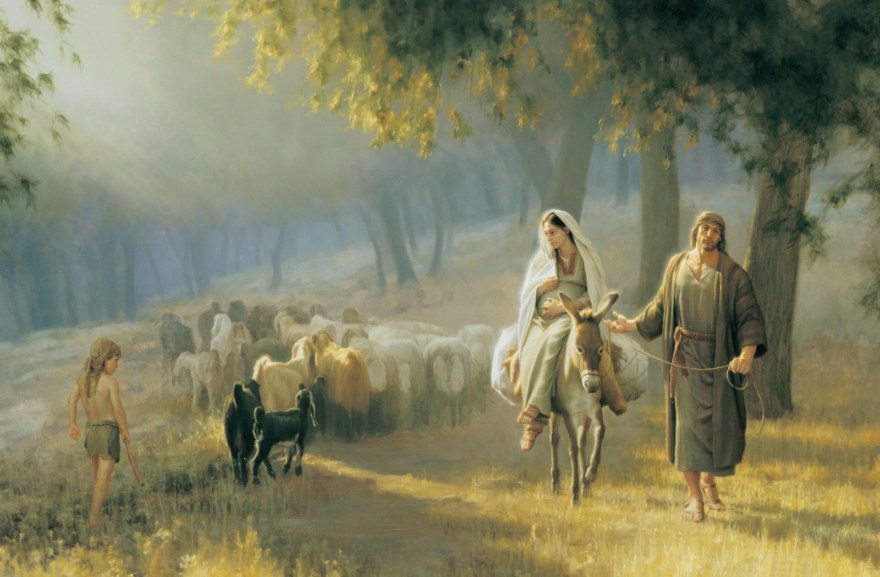A Divine Surprise
A Divine Surprise
Matthew Knight ‘19, Diocese of Portland
What are we waiting for?
This is an urgent question as we count down these last days until Christmas. The Church gives us every year this season of Advent as a time of waiting. Now, with this morning’s Mass, we have entered the last and most intense stage of the season. The Church’s longing and expectation for the coming of her Bridegroom now reaches its highest pitch. Each night at Vespers for the next eight days, the Church will cry out to the Lord under a new title, each one more perfect than the last, like a lover stammering out the praises of her beloved, though she knows no words can ever exhaust His beauty or her desire. We hear echoes of these Great Antiphons also in the Mass during these days, as in today’s Alleluia verse: “O Wisdom of our God Most High, guiding creation with power and love: come to teach us the path of knowledge!”
It is very fitting that we should begin these eight days of our most intense prayer for the coming of the Lord with this antiphon. Christ, after all, is “the power of God and the Wisdom of God,” as St. Paul teaches (1 Cor 1:24), and so God’s wisdom is not merely something intellectual or theoretical; it is incarnate; it is a person. It is a baby in a manger! Christ is the Word of the Father, spoken by the Father in an eternal silence, who nevertheless on this feast of Christmas breaks forth from eternity into the midst of time and space, into the created order, confounding the so-called wisdom of human beings with the impact of His coming.
In his divine origins, this child is “God from God.” In his human origins, he is—what, exactly? “The son of David, the son of Abraham,” to be sure—born of the royal line, in fulfillment of all the prophecies—and yet who had ever predicted a Messiah quite like this? No one expected that God would come to save His people, not as a conquering general with armor gleaming in the sun, not even as a prince born in the royal palace to great pomp and circumstance, but in obscurity, in a manger, cold, poor, vulnerable, a baby laid in straw and wrapped in swaddling clothes.
Even his family line is not quite what the professional prophets might have expected. In the genealogy of Jesus expounded by St. Matthew, there are Gentiles, murderers, prostitutes and adulterers, traitors, idolaters, liars and cheats—and yet from this mess, from this tangle of human brokenness and sin, springs forth the Just One, the Messiah. It’s not an accident. “For the wisdom of this world is foolishness with God” (1 Cor 3:19-20), but “the foolishness of God is wiser than men; and the weakness of God is stronger than men” (1 Cor 1:25).
In fact, the birth and infancy of the Christ child shows us the very “pattern” of God’s wisdom, as St. Paul has it: “The foolish things of the world God hath chosen, that he may confound the wise; and the weak things of the world God hath chosen, that he may confound the strong” (1 Cor 1:27).
Rejoice, good Christian people, if that’s your story—if you are among “his poor,” the foolish and the weak ones of the world God has chosen to shame the strong and the wise. I can tell you that it’s my story. And our weakness and our foolishness, our poverty, our shame, the many ways in which we are inadequate and incapable, our own particular personal and familial histories of brokenness and sin—all of this is our glory, because it is for all this that Christ chose us and made us His own! When He took on a human nature, after all, He didn’t take on an imaginary, ideal humanity but a broken and a lowly humanity, born of a poor and humble family. That miserable humanity, just like yours and mine, so “attracted God’s mercy” (St. Elizabeth of the Trinity, Letter 298) that He united it to Himself in the marriage of Christmas Day.
And He who shares a human origin with each one of us comes now into the midst of our messy lives to share with us His own divine origin, in the perfect and eternal love of the heart of God. Not to deny our human origins. Not to replace them. But to redeem and renew them, to bring into the midst of it all a new kind of life from above, a breath of heavenly air: to live the life of God.
Friends, that is the promise of Christmas. That is what we, the Church, await with such urgent longing that our hearts can hardly contain it! And the “path of knowledge” we cry out for Him to come and teach us is the way to live our human life, here and now, in accord with the new kind of life He offers, according to the pattern of divine Wisdom shown us by the infant God: not noise, but silence; not self-promotion, but hiddenness; not self-indulgence, but poverty; not cynicism, but vulnerability; not guardedness, but weakness.
It is not easy to walk this path. In fact, it is foolishness to the world, perhaps more so now than in any other age. But we must choose with determination to follow this foolish Wisdom of God, for the gift He promises to those who live this way surpasses all understanding.
And so I ask you again, dear friends of God: What are you waiting for this Christmas? A vacation? A visit with loved ones? A special gift? I hope you have all that and more. But above all, I pray you receive the gift our infant King so longs to give you: new life; a new beginning in the midst of your human existence; a divine surprise.
“O Wisdom, who came from the mouth of the Most High, reaching from end to end and ordering all things mightily and sweetly: come, and teach us the way of prudence.”
This reflection originally appeared on Matthew Knight’s blog In Your Embrace and is reposted with permission from the author.
For more content visit inyourembrace.com.


